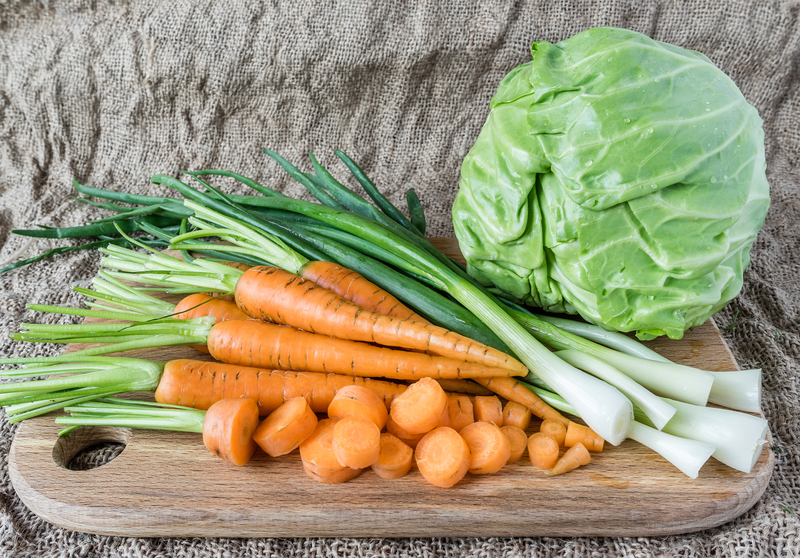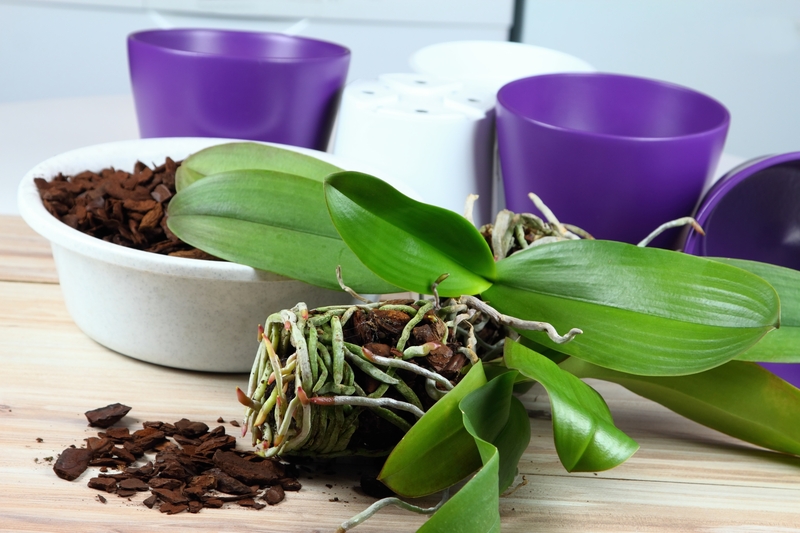Cost-Effective Small Gardening Hacks
Posted on 25/08/2024
Gardening can be an immensely rewarding hobby, bringing the beauty of nature right to your doorstep. However, many people shy away from gardening because they believe it can be expensive. The truth is, you don't need to drain your wallet to create a beautiful, thriving garden. Here are some cost-effective small gardening hacks that will help you save money while enjoying the fruits (and flowers) of your labor.
1. Start with Seeds
One of the easiest ways to cut gardening costs is to start with seeds rather than purchasing young plants or seedlings. Seeds are significantly cheaper and often come in larger quantities, giving you more bang for your buck. Plus, you get the satisfaction of watching your plants grow from scratch.

2. Reuse Household Items
Many household items can be repurposed for gardening, saving you the cost of buying new supplies. Old containers, such as yogurt cups, can be used as seed starters. Even items like egg cartons can be utilized for starting seeds.
3. Make Your Compost
Instead of buying expensive fertilizers, make your compost using kitchen scraps like vegetable peels, coffee grounds, and eggshells. Composting reduces waste and provides rich, organic material to nourish your plants.
4. Use Mulch
Mulching your garden is a great way to conserve moisture, reduce weeds, and add nutrients to the soil. You can make your mulch from shredded leaves, grass clippings, and wood chips, which is far cheaper than purchasing commercial mulch.
5. Collect Rainwater
Watering your garden can become costly, especially in areas with high water rates. A simple way to reduce costs is to collect rainwater. Place barrels or buckets under your downspouts to gather rainwater, which can then be used to water your plants.
6. Propagate Plants
Why buy new plants when you can propagate the ones you already have? Many plants can be easily propagated through cuttings, saving you the cost of purchasing new ones. Popular options include mint, rosemary, and succulents.
Pros and Cons
Pros
- Cost savings: Implementing these hacks can save you a significant amount of money.
- Reduced waste: Many of these tips promote recycling and reusing, making your garden more eco-friendly.
- Self-sufficiency: Growing from seeds and propagating plants make you less dependent on commercial suppliers.
- Enrichment: Gardening from scratch can be more rewarding and educational.
Cons
- Time investment: Starting from seeds and making compost takes more time compared to buying ready-made products.
- Initial learning curve: Some techniques may require research and practice to perfect.
- Space limitations: Certain hacks like composting or rainwater collection may require space not available in all small gardens.
Tips
- Plan Your Garden: Sketch out where each plant will go to maximize your garden space efficiently.
- Know Your Soil: Conduct a soil test to know its pH and nutrient levels before planting.
- Rotate Crops: Rotate your plants each season to keep the soil healthy and prevent pests and plant diseases.
- Use Companion Planting: Plant compatible species close by to support each other's growth and deter pests.
- Stay Organized: Label your seeds and plants to keep track of what's growing where.

Takeaways
1. Starting with seeds is the most budget-friendly option.
2. Repurposing household items can save you from buying new garden supplies.
3. Making your compost reduces waste and provides rich nutrients for your garden.
4. Collecting rainwater can significantly reduce your water bill.
5. Plant propagation can be a cost-free way to expand your garden.
Conclusion
Gardening on a budget doesn't mean settling for less. With these cost-effective small gardening hacks, you can create a lush, vibrant garden without breaking the bank. By reusing household items, making your compost, and taking advantage of the natural resources available, you can cultivate a beautiful garden that's both cost-efficient and environmentally friendly.
Happy gardening!
Latest Posts
Must-Try Planting Concepts for a Beautiful Autumn Garden
DIY Guide to Perfectly Sharpening Garden Shears at Home
Essential Techniques for Maintaining Clean and Lush Artificial Grass
Transform Your Space With Meaningful Zen Garden Plant Choices




